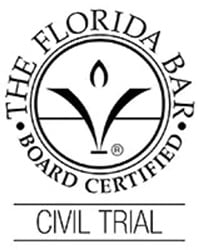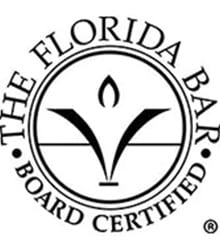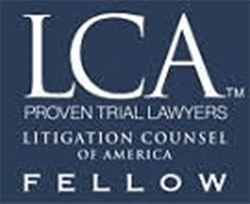Key Takeaways Hospitals often opt for out-of-court settlements to minimize costs, maintain their reputation, and expedite dispute resolution. The settlement process in medical malpractice cases includes initial consultations, evidence collection, negotiations, and often results in agreements regarding compensation and confidentiality. Only about 7% of medical malpractice claims go to trial, with many victims preferring settlements […]
When families lose a loved one due to medical negligence resulting in death, the emotional and financial devastation can be overwhelming. Understanding your legal rights and options during such a difficult time is crucial for seeking justice and compensation for your loss. Medical malpractice cases involving death represent some of the most serious forms of […]
Key Takeaways Establishing a doctor-patient relationship is essential as it confirms the duty of care necessary to prove negligence in a medical malpractice case. Demonstrating medical negligence requires showing that the healthcare provider failed to meet the standard of care, directly linking that negligence to the patient’s injury. Having experienced legal representation is crucial for […]
Key Takeaways Key indicators of medical malpractice include unusual complications, misdiagnosis, surgical errors, medication mistakes, and lack of informed consent. Proving medical malpractice in court requires establishing a patient-doctor relationship, demonstrating a breach of standard care, and linking negligence to the patient’s injury. Victims of medical malpractice can seek compensation through economic, non-economic, and punitive […]
When medical care goes wrong, patients and their families often wonder: can you sue a hospital for malpractice? The short answer is yes, but hospital malpractice cases are complex legal matters that require careful consideration of liability, evidence, and timing. Understanding when and how you can hold a hospital accountable for medical negligence can help […]
Key Takeaways Immediate medical attention and detailed documentation of symptoms and treatments are crucial after suspecting a misdiagnosis to safeguard health and support potential legal claims. Seeking a second opinion from another qualified medical professional is essential to confirm the accuracy of a diagnosis and ensure appropriate treatment. To establish medical negligence in misdiagnosis cases, […]
What Doctors Have the Most Malpractice Suits? Some doctors are more likely to face malpractice suits than others, often due to their specialty, years of experience, or the complexity of their cases. High-pressure fields like surgery, obstetrics, neurosurgery, and anesthesiology come with higher risks because even minor medical errors can have serious consequences. While one […]
An expert witness is a specialist in the same medical field who knows the standard of care for that procedure that resulted in the alleged malpractice and who can testify whether the medical practitioner’s actions violated the standard of care and caused the patient’s injuries. Under Florida law, a person can’t testify about the current […]
What Is Medical Malpractice? Even the most careful doctors can make a mistake. Medical malpractice occurs when a doctor’s treatment differs from that a similarly trained practitioner would have given under identical circumstances. Common examples of medical malpractice include: Lack of Informed Consent— Doctors must obtain informed consent from their patients before administering a care […]
The most common medical errors below can occur in a hospital setting, doctor’s office, or long-term care facilities like nursing homes. Medical professionals are not infallible, and while mistakes can happen, sometimes the medical error is, in fact, the result of negligence or oversight. If you or someone you love suffered because of one of […]











